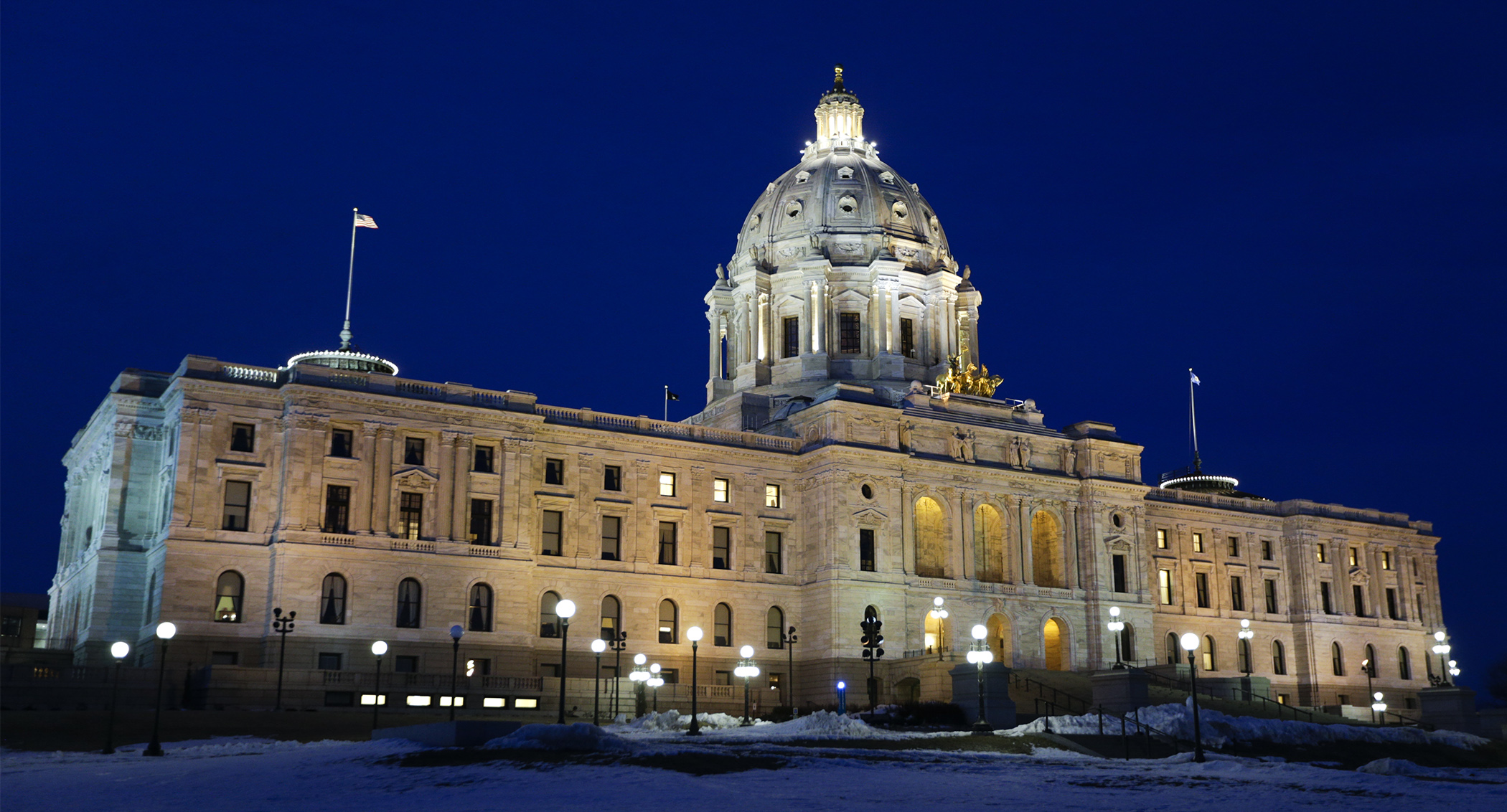House workforce committee OKs $1.2 billion plan to repay MN's unemployment trust fund

A House committee on Wednesday approved a plan to repay a loan from the federal government for unemployment payments.
Sponsored by Rep. Mohamud Noor (DFL-Mpls), HF1035, as amended, would repay a $1.2 billion debt to return the unemployment insurance trust fund to zero, using about $1.15 billion from American Rescue Plan funds and the rest from the state’s General Fund.
The House Workforce and Business Development Finance and Policy Committee approved the bill on an 8-5 party-line vote during an evening hearing and sent it to the House Ways and Means Committee.
“Unemployment insurance is a crucial safety net for Minnesota’s workers, and it has been a lifeline for many during the pandemic,” Noor said in a statement. “Paying our state’s debt is a duty we must meet, and we can do so in a way that brings Minnesotans who have been left out under the protection of unemployment insurance while also ensuring that businesses are supported. This way we can build a strong and equitable economic recovery that supports families, workers, and businesses.”
Noor’s bill would increase the base unemployment insurance tax rate from 0.1% to 0.4% in 2022, and appropriate the money to replenish the trust fund and repay outstanding interest on federal trust fund borrowing.
This is less than HF2728, sponsored by Rep. Barb Haley (R-Red Wing), and a proposal by Gov. Tim Walz to appropriate $2.7 billion to fully replenish the fund.
The biggest sticking point between Republicans and Democrats was how much money to steer to the unemployment insurance trust fund.
Republicans argued the state’s budget surplus offers a chance to take care of the entire issue now and return the unemployment fund to pre-COVID levels.
Democrats say the trust fund is self-correcting, with employers paying in more to build up the fund during economic upturns. Using those mechanisms allows the state to invest elsewhere, such as addressing housing, childcare and workforce issues -- a more equitable recovery, Noor said.
There is urgency to the issue, as any payments from employers start coming in March 15.
The bill would also make hourly school workers eligible for unemployment in summer months.
Related Articles
Search Session Daily
Advanced Search OptionsPriority Dailies
Speaker Emerita Melissa Hortman, husband killed in attack
By HPIS Staff House Speaker Emerita Melissa Hortman (DFL-Brooklyn Park) and her husband, Mark, were fatally shot in their home early Saturday morning.
Gov. Tim Walz announced the news dur...
House Speaker Emerita Melissa Hortman (DFL-Brooklyn Park) and her husband, Mark, were fatally shot in their home early Saturday morning.
Gov. Tim Walz announced the news dur...
Lawmakers deliver budget bills to governor's desk in one-day special session
By Mike Cook About that talk of needing all 21 hours left in a legislative day to complete a special session?
House members were more than up to the challenge Monday. Beginning at 10 a.m...
About that talk of needing all 21 hours left in a legislative day to complete a special session?
House members were more than up to the challenge Monday. Beginning at 10 a.m...